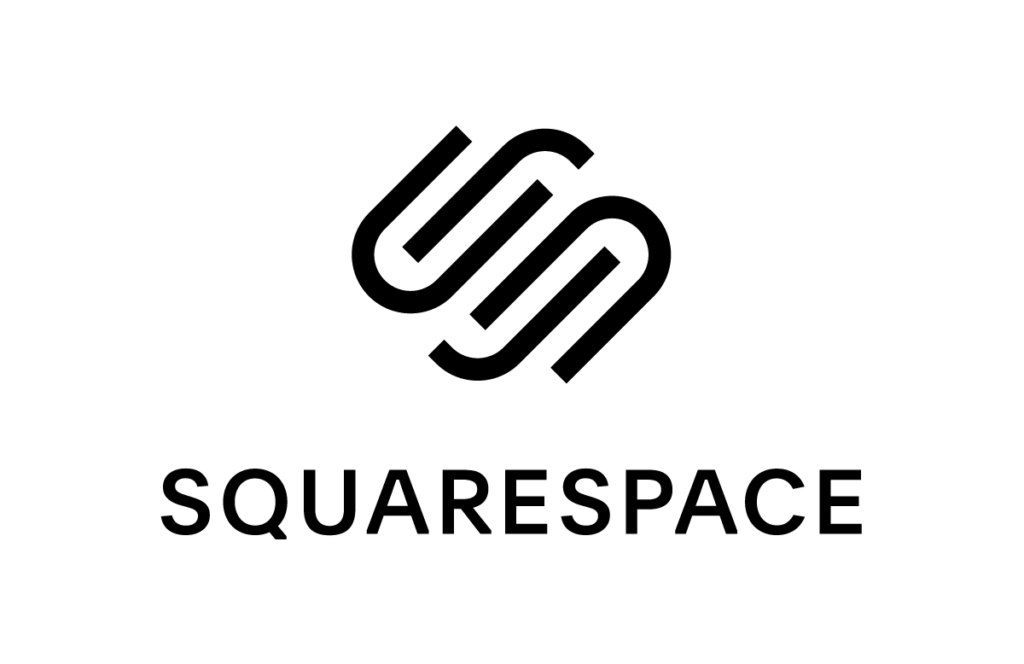What is a CMS (Content Management System)
A Content Management System (CMS) is a software application that enables users to create, manage, and modify digital content without the need for specialized technical knowledge. CMS platforms provide tools for designing websites, publishing content, and managing media files, making them essential for businesses, bloggers, and developers looking to establish an online presence. With various options available, choosing the right CMS can significantly impact your website’s functionality, security, and ease of use.
Table of Contents
Top 10 CMS Platforms for 2024
WordPress

WordPress continues to dominate the CMS landscape with its unparalleled flexibility and extensive ecosystem. Over 40% of websites globally use WordPress, thanks to its user-friendly interface, thousands of themes and plugins, and robust community support. It is highly customizable, SEO-friendly, and offers strong community assistance through extensive documentation and forums. Despite being easy to use for beginners and scalable for large enterprises, it can be resource-intensive and requires regular updates and maintenance.
Joomla

Joomla, known for its flexibility and scalability, is favored by users who need more robust systems for complex websites or online applications. It offers advanced user management, multilingual support, and a large extension directory. However, it comes with a steeper learning curve compared to WordPress.
Drupal

Drupal stands out for its security and ability to handle large amounts of data, making it ideal for large, complex websites. While it requires more technical expertise, it offers advanced features like strong security, highly customizable content management, and an active community.
Shopify

Shopify is a leading e-commerce platform designed specifically for online stores. It offers comprehensive e-commerce tools, secure hosting, and extensive app integration. While it can be more expensive than other options, it provides excellent customer support tailored for e-commerce users.
Squarespace

Squarespace is a popular all-in-one website builder known for its stunning templates and user-friendly interface. It’s a great choice for users who want visually appealing websites without the need for coding. Squarespace includes built-in SEO tools, integrated e-commerce, and 24/7 customer support.
Wix
Wix is a versatile website builder offering a simple drag-and-drop interface for easy website creation. With hundreds of templates and an App Market for added functionality, Wix caters to users who want to create websites quickly and easily without technical knowledge.
Magento
Magento is a powerful open-source e-commerce platform known for its flexibility and scalability. It’s favored by large businesses and enterprises that require extensive customization for their online stores. Magento offers advanced SEO features, robust product management, and a large community for support.
Ghost
Ghost is a minimalist CMS focused on blogging and publishing, offering a clean interface and fast performance. It’s perfect for bloggers and publishers who prioritize writing and publishing content without distractions. While it lacks functionality beyond blogging, its simplicity appeals to many users.
TYPO3
TYPO3 is an enterprise-level CMS known for its scalability and flexibility, making it ideal for large organizations and enterprises. It offers highly customizable features, multilingual support, and strong security. However, TYPO3 comes with a steep learning curve and may require technical expertise to manage effectively.
Weebly
Weebly is a user-friendly website builder offering drag-and-drop functionality and built-in SEO tools. It’s ideal for small businesses and personal websites, providing affordable pricing and mobile-responsive templates. While it offers fewer customization options, its ease of use appeals to beginners.
Which CMS is Perfect for Your Needs?
Blogging: For bloggers, WordPress and Ghost are excellent choices. WordPress offers extensive customization and plugins for various blogging needs, while Ghost provides a clean, distraction-free environment focused solely on content creation.
E-commerce: Shopify and Magento are the top contenders for e-commerce websites. Shopify is perfect for users who want an easy-to-use, all-in-one platform, while Magento offers more flexibility and customization for larger online stores.
Small Businesses: Squarespace, Wix, and Weebly are ideal for small businesses due to their ease of use and beautiful, responsive templates. Squarespace and Wix provide more design flexibility, while Weebly is great for beginners.
Large Enterprises: Drupal and TYPO3 are best suited for large enterprises needing a powerful, scalable CMS. Drupal’s strong security and customization options are perfect for complex websites, while TYPO3’s enterprise-level features support large-scale projects.
Flexible Customization: WordPress and Joomla offer the best balance of flexibility and customization. WordPress is user-friendly with a vast plugin ecosystem, while Joomla provides advanced management features for more complex sites.
Conclusion
Choosing the right CMS for your website depends on your specific needs, technical expertise, and budget. WordPress remains a versatile choice for most users, while platforms like Shopify and Magento excel in e-commerce. Whether you prioritize ease of use, customization options, or specific features, there’s a CMS platform to suit your needs.
